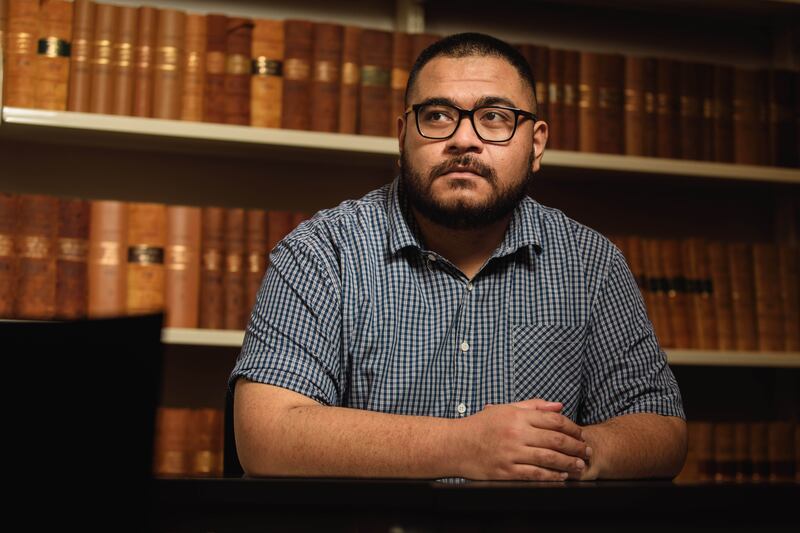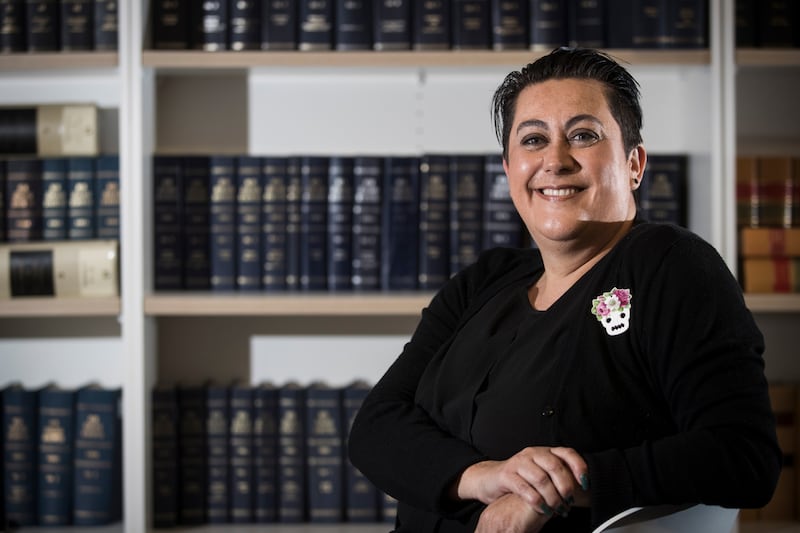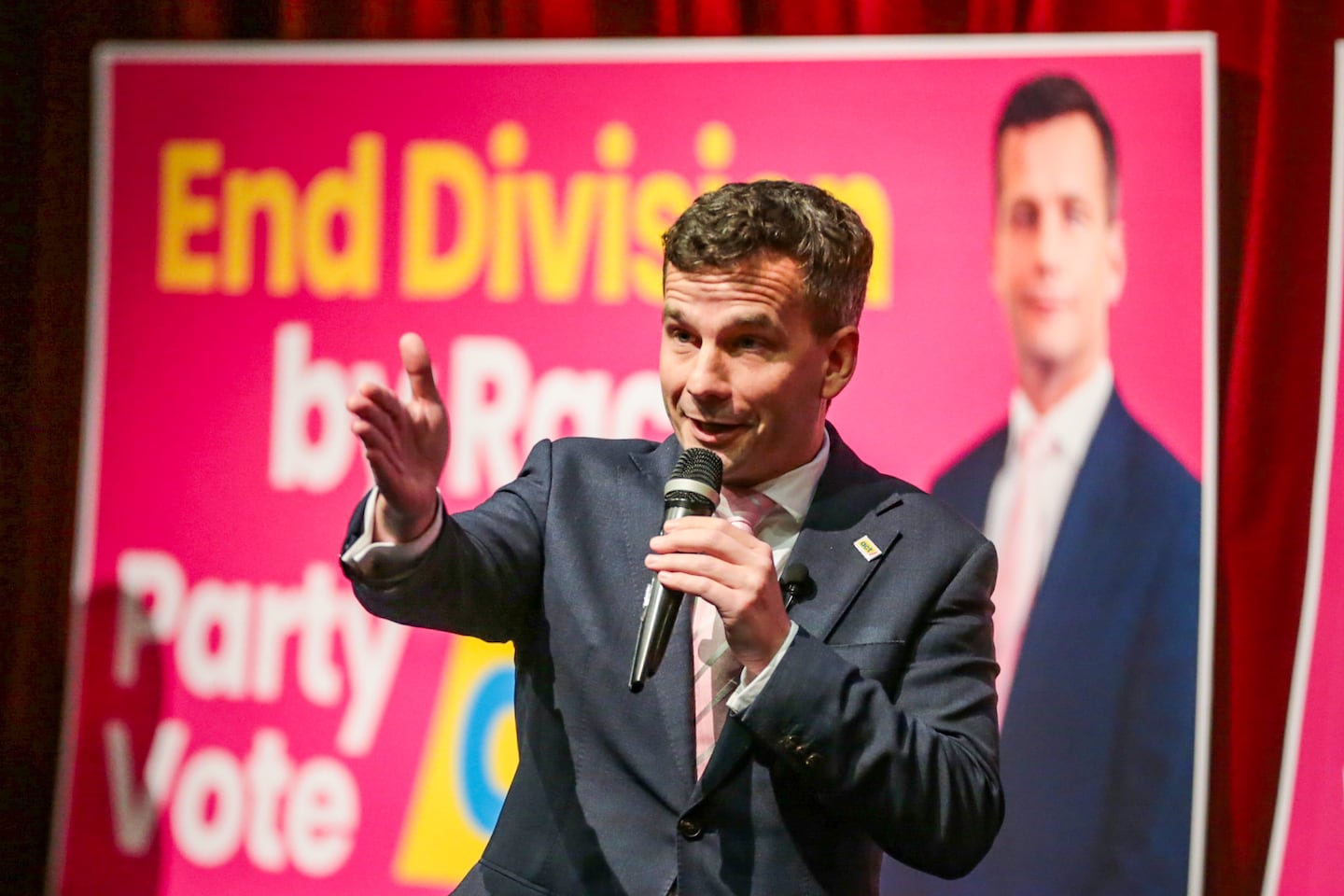OPINION
Act’s pledge to abolish cultural reports is racist and devoid of compassion and humanity. Cultural reports are designed to provide judges with important detail and context about a person who has committed a crime, and any events or issues that may have contributed to their offending.
Act is claiming that cultural reports are being used to “favour criminals and go soft on victims”, that they are a misuse of public funds and that scrapping them will “make our country safer and ensure that sentencing is appropriate to the crime”.
But these claims have no basis in evidence and reality.
It is clear that Act has not researched cultural reports but that they are taking figures and statistics out of context and exploiting recent tragedies for their own political gain.
The reality is that these cultural reports (which National also wants to cut funding for) are one of the few ways that our criminal legal system can show compassion and humanity. They not only allow judges to do their jobs reliably and accurately by seeing crimes and the people who commit them in context.
They also allow judges to more deeply consider why someone has come to the moment they are in as they stand before the court. These reports enable judges to understand more about a person, their life and background, rather than simply the details of their offence.

Unlike Act, there are many experts in the criminal legal system who have carefully studied how cultural reports work. These experts have told us time and time again that these reports are essential to keep communities safe and create a fair and equal society for all.
For example, experienced lawyer Kingi Snelgar has pointed out that cultural reports are cost-effective and essential if the country is to address the overrepresentation of Māori in prison, a problem the United Nations has repeatedly criticised New Zealand for.
Snelgar notes that it costs around $100,000 a year to keep a single person in jail, and more than half are Māori.
“So, if you look at those numbers and how much it costs to provide a cultural report, it’s really insignificant. We spend a billion dollars a year building prisons and incarcerating Māori...and a few million to look at why people offend. There’s no comparison in terms of the amount that we are investing.”
Another experienced lawyer, Russell Fairbrother, has stated that cultural reports bring a “natural humanity” to the system and that anybody with a sense of decency would want someone being sentenced to have their background considered.

“You’ve got to be able to understand why someone responds in the way that they respond because you can’t address the problem until you identify it and then find a way out,” says Fairbrother.
Meanwhile, Associate Professor in law and experienced cultural report writer Khylee Quince has emphasised how these reports provide essential information to judges that they cannot get from other sources, remarking.
“Generally speaking, probation officers and lawyers, and perhaps psychologists and other experts that give opinions, have a real deficit view of offenders, you know, all the things that are wrong with this person. Whereas [cultural reports] try to speak to not only their identity but also their potential and how they came to be. It’s an explanation, not an excuse.”
Of course, like everything in this world, the cultural report system is not perfect.
As Quince and others have noted, there are concerns about the quality of some cultural reports and the expertise of a few report writers. But minor imperfections are no reason to remove these reports or to reduce funding for them. In fact, such imperfections provide more reason for the government to spend time and money improving cultural reports on the advice of experts.
To put it simply, we need to fund cultural reports if we want to work towards a safer and more humane society. So instead of listening to politicians who want to exploit tragedy to win votes, let’s listen to the experts.
Fuimaono Dylan Asafo is a senior lecturer at the Faculty of Law at the University of Auckland, He holds a masters of law from Harvard University and a masters of laws (first class honours) from the University of Auckland
-NZME

